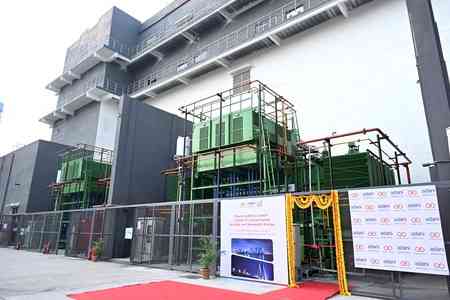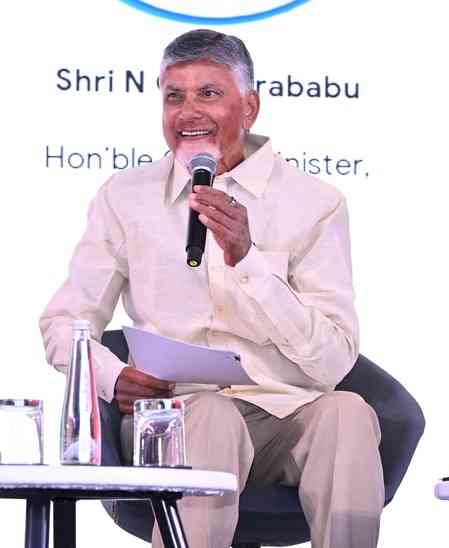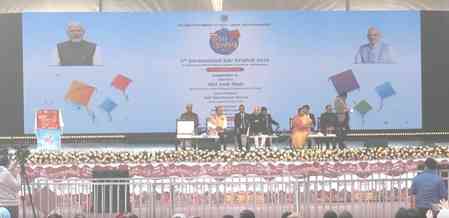Over 70pc of industry respondents believe reduction in corporate taxes likely to boost Make in India Initiative
Reveals Duff and Phelps Survey

Mumbai: Duff & Phelps, the global advisor that protects, restores and maximizes value for clients, today released key findings from a survey on corporate tax cut in India. In September 2019, the finance minister announced reduction of corporate taxes to 22% from 30% for existing companies, and from 25% to 15% for companies with newly established manufacturing units.
Commenting on the findings, Santosh N, Managing Partner, D and P Advisory India LLP said, “Overall, the reduction of corporate taxes is encouraging, with long-term intrinsic value for enterprises and positive ramifications for investors. Sectors such as start-ups, manufacturing, auto-ancillary and initiatives such as ‘Make in India’ are expected to witness a fillip owing to the development.”
Key findings from the survey are as follows:
• Majority of respondents (53%) noted that the current market multiples reflect the full impact from the tax cut. According to respondents, there is no clarity on how the tax rate cuts will affect negotiations on any deals in the pipeline, with 47% of responses being neutral. This action by the government was also identified by more than 65% of respondents as a long-term intrinsic value creator for enterprises. This tax incentive is expected to boost the “Make in India” initiative, according to 72% of respondents. Another 70% of respondents believe the incentive is seen as a positive development for new manufacturing companies.
• The auto and ancillary sector is perceived to be the biggest beneficiary, followed by retail/fast moving consumer goods. More than 75% of respondents felt that this action will support startups and attract more funding from venture capitalists. Consistent with support for startups, respondents overwhelmingly felt that the action would support PE activity in India.
• The respondents, on an aggregate basis, noted that this action will be favorable to the economy over the long-term and support GDP growth. Of the respondents, 75% believe the cut will lead to an increase in the GDP growth, which is an extremely positive sign for the Indian economy. Around 40% of respondents noted that the reduction in tax rate will lead to capex spending, with a significant majority expecting the spend would be less than 25% of the tax savings.
• In terms of future reforms, two major areas identified by respondents include an accelerated disinvestment program and incremental investments in core sectors of the economy.
• With the current downward revision of GDP growth for India, the tax rate cut has provided a boost to the economy. However, the overall impact depends on the corresponding increase in consumption levels, which is yet to be seen.


 cityairnews
cityairnews 










